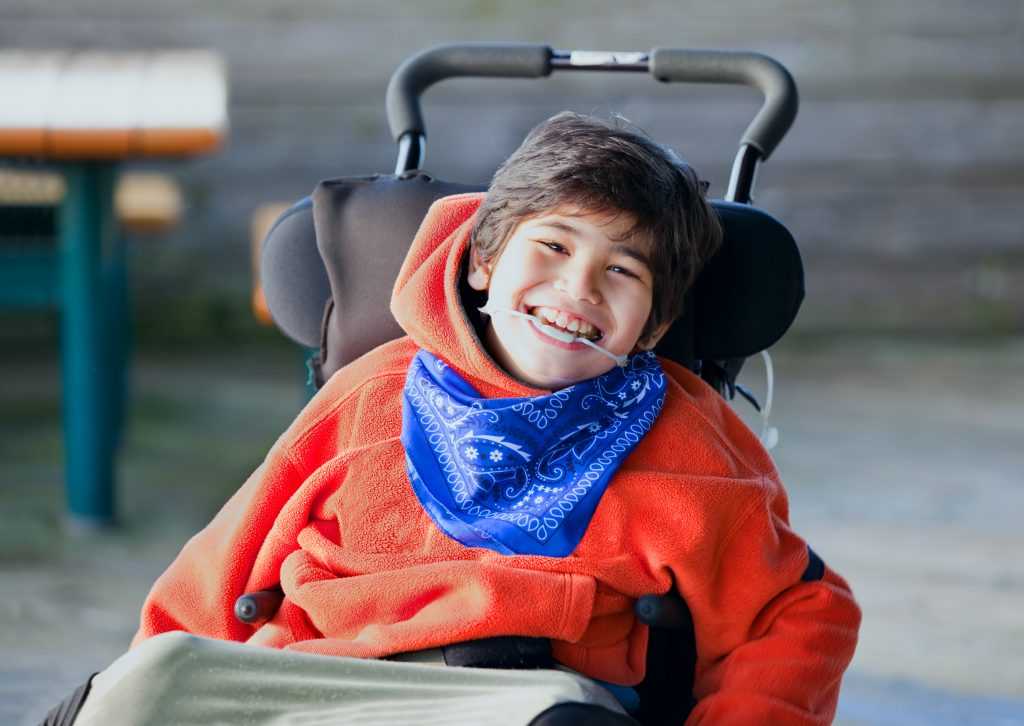 Cerebral palsy is the most common childhood disability ever recorded in history. It affects up to 10,000 babies a year& and changes someone’s life forever. Sure, you can still hope to have a full life, have your share of ups and downs like everyone else, but growing up with cerebral palsy will be restricting and challenging in ways that able-bodied people would never understand.
Cerebral palsy is the most common childhood disability ever recorded in history. It affects up to 10,000 babies a year& and changes someone’s life forever. Sure, you can still hope to have a full life, have your share of ups and downs like everyone else, but growing up with cerebral palsy will be restricting and challenging in ways that able-bodied people would never understand.
Here’s the painful part: the condition isn’t genetic or passed down in the family. It’s usually the result of medical negligence. Your physician may have been having a bad work day, and the consequence is a lifetime of physical, emotional, and financial obstacles for your child.
If your child suffers from cerebral palsy resulting from birth injury, don’t wait until they’re 18 before taking legal action. Do it now.
The Condition Doesn’t Have to be Severe
Even mild injury may have a significant impact on your child’s life. It affects their ability to fit in, find a partner, find employment in the future, and just generally enjoy life. One reason is because parents don’t sue.
Say, your child can walk on their own and share the same cognitive level as their peers, but the simplest hardships, like being able to run to first base during PE, can have a deep impact on their quality of life.
Mild or severe, cerebral palsy demands a bit of justice.
Understand the Scientific Evidence
A newborn’s health is evaluated based on the APGAR scoring system, which looks into their appearance, pulse, grimace, activity, and respiration. The court would most certainly review these five scores, along with other potential scientific pieces of evidence, like the acidity level of the child’s blood.
Pursuing Legal Action Can Never Be Too Soon
Once your child turns 18, when the legal system considers them an adult, making a claim in court is no longer acceptable. Know the statute of limitations in your state to find out if you have a potential case.
The point of taking action is enabling your child to have the best quality of life they may have. A good attorney, a qualified team of doctors, and your loved ones can work together to turn that goal into a reality. You owe it to yourself and your child to know and explore your options.

